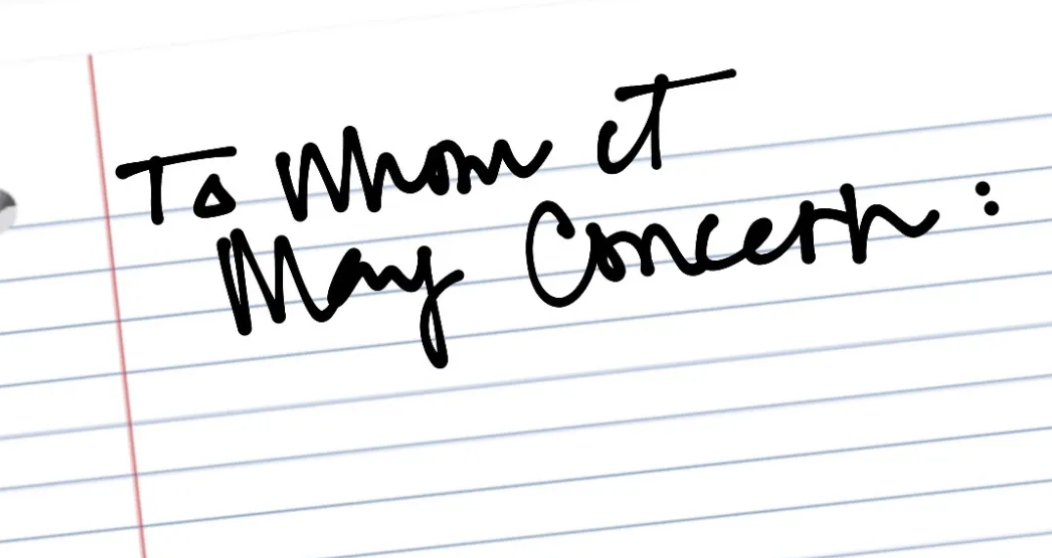Planning your reference
How to plan to make sure your tutor can write you a great reference.

Overview
Getting a strong academic reference is crucial for your future applications, whether for jobs, postgraduate study, or training programmes. But many students only think about references at the last minute. This activity will help you plan ahead to ensure your tutors can write you the best possible reference.
A great reference doesn’t just happen by accident. It requires planning, building relationships, and giving your reference writer the information they need to showcase your strengths effectively.
Why references matter
References provide evidence of your academic ability, work ethic, and personal qualities that grades alone cannot capture. They can make the difference between getting an interview and having your application rejected. A well-planned reference will highlight specific examples of your achievements and demonstrate your potential to succeed.
Who should write your reference?
Choose someone who: - Knows your work well (not just your attendance) - Has observed your academic and personal development over time - Can speak to your relevant skills and experiences - Has credibility in their field
This is typically: - Your personal tutor - A module leader whose seminars you actively participated in - Your dissertation supervisor - A placement supervisor who worked closely with you
Building reference-worthy relationships
Strong references come from strong relationships. You need to give your tutors opportunities to observe and remember your best qualities:
- Attend office hours and ask thoughtful questions
- Contribute meaningfully to seminars and discussions
- Show initiative in your coursework and research
- Seek feedback and act on it
- Communicate professionally in all interactions
Instructions
This activity will help you create a strategic plan for building strong references throughout your university career.
Part 1: Audit your current situation
Think about your current relationships with academic staff:
- List all the academic staff who currently know you by name and could identify your work
- For each person, rate how well they know you (1-5 scale)
- Identify what specific evidence they have of your abilities
- Consider what gaps exist in their knowledge of your skills
Part 2: Create your reference profile
Imagine the ideal reference for your career goals. Write down:
- Key qualities you want highlighted (e.g., analytical thinking, communication skills, reliability, creativity)
- Specific examples you’d want mentioned (projects, presentations, research, problem-solving instances)
- Career-relevant skills that match your target job or course requirements
- Personal attributes that make you stand out
Part 3: Bridge the gap
Compare your current situation with your ideal reference profile:
- What evidence do your potential referees currently have about your key qualities?
- What opportunities could you create to demonstrate missing skills?
- Which staff members are you going to build stronger relationships with?
- What specific actions will you take this term to strengthen your reference potential?
Part 4: Create your reference plan
Develop a concrete action plan:
- Relationship building: Which staff will you prioritise building relationships with?
- Evidence creation: What opportunities will you seek or create to demonstrate your abilities?
- Timeline: When will you ask for references, and when do you need to start preparing your referees?
- Information package: What materials will you provide to help your referees write strong references?
Recording your work
Create a document outlining your reference strategy and action plan. Include:
- Your current reference audit
- Your ideal reference profile
- Your specific action plan for the next academic year

Extension activities
Research your target careers: Look at job descriptions or course requirements for your intended career path. What qualities and experiences do they repeatedly mention? Use this to refine your reference profile.
Practice describing your achievements: Write brief descriptions of your best work, focusing on the skills demonstrated and impact achieved. This will help you provide clear examples to your referees.
Consider multiple referees: Different applications may require different types of references. Plan to build relationships with referees who can speak to different aspects of your abilities.